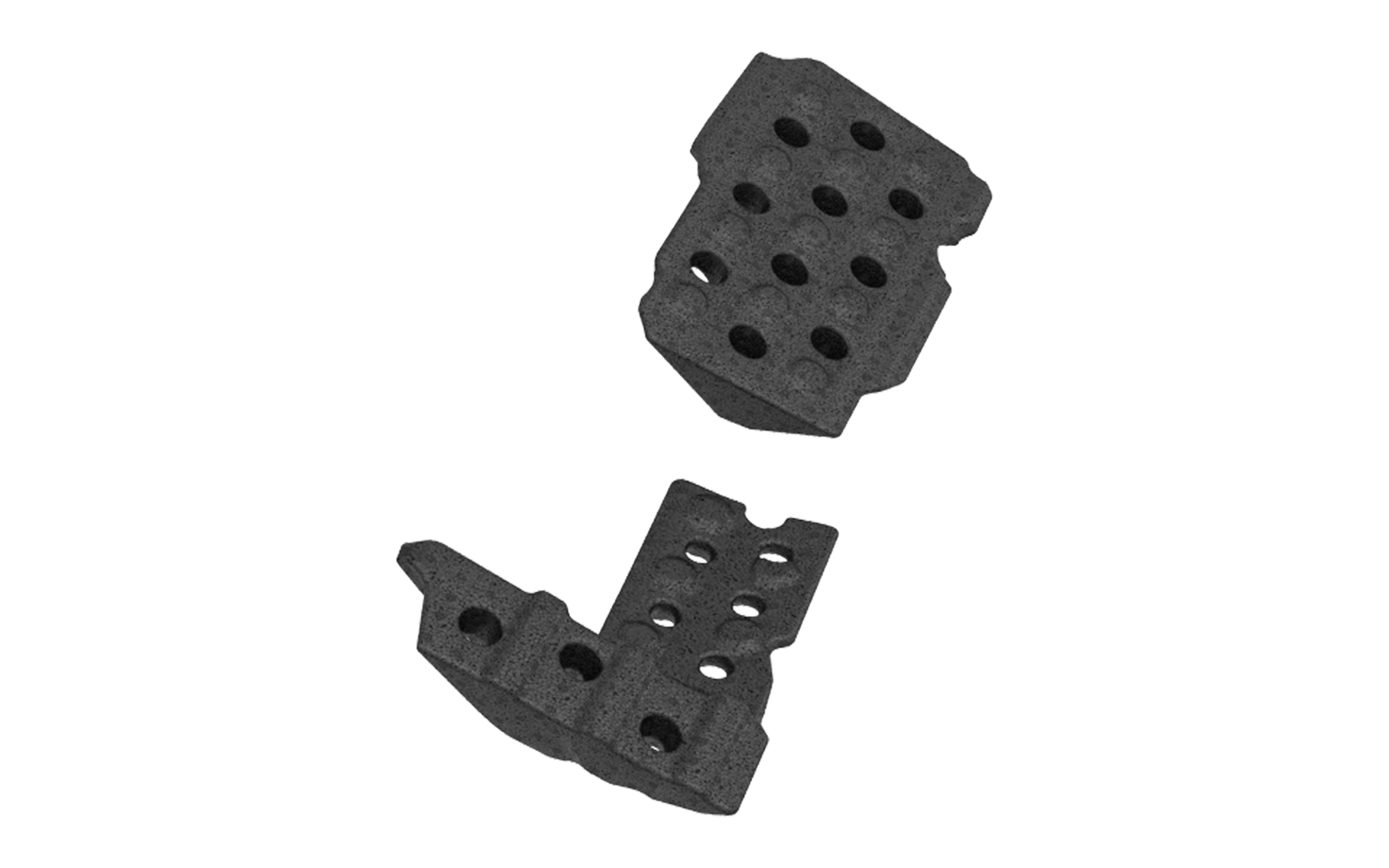The coronavirus pandemic had a ripple effect on the European automotive industry. It brings about questions concerning development of the electric and autonomous cars market in the near time. We should remember though, that the automotive branch has already survived many temporary crises, which it has escaped unharmed so far and adapting to new trends by innovations is its chance for stable development in future.

Changing tastes and needs of users, fuel price fluctuations or temporary recessions of the global economy have always influenced rapid drops in sales of cars. The ongoing coronavirus pandemics seems to be a new background, as its influence on a number of social-economic processes can be perceived over an extended in time perspective. All the more today it is impossible to foresee how further development of the epidemics is going to look and when it is possible to talk about its end.
In time of the lockdown of the European economies the automotive branch had to face breaks in supply and production chains. Slow restarting of operation of the manufacturing lines was accompanied by low demand for cars and drop of fuel prices. The last mentioned factor in connection with the drop in income of the automotive companies and diminishing of their resources for investments could impact very hard the electro mobility sector. However, everything indicates that the long term forecasts that in 20 years half of the cars moving in the street will be electrically propelled are still valid. One of these positive signals can be considered increasing of sales of electric cars in Europe in the first quarter of this year.
Will strategy of development of electric cars not be changed?
In March 2020 sales of all cars in the European Union dropped by 53% as compared to the same period a year ago. The governments of the European states implemented programs of support of the automotive sector by subsidies, which are to be incentives for the citizens to exchange old cars for new ones. It has already had the first effects. For example, the June sales of the cars in France gained back 1.2% for the first time and Germany and Italy followed implementing similar actions. The situation on the market of electric cars looks much better. It turns out that in the first quarter of this year the number of registered new electric cars increased, instead of dropping, as much as 57.4% as compared to the same period in 2019. Even though still it is only 4.3% of all the registered cars, this number reached 130,297 cars sold in the European Union, UK and the EFTA.
The manufacturers must increase sales of the electric cars as they are obliged to do so by the European law. It obliges to diminish the CO2 emission till 2021 in this sector by 40% as compared with 2007 and further reduction by 37.5% till 2030. The accomplishment of this objective is supported by governments of some states. For example, in Germany an attractive bonus of EUR 6,000 was introduced, which strongly drives demand for the cars of this type, and Italy plans to devote for this purpose the total of EUR 140 M in years 2020-2021. The substantial influence on this sector will have also modern plastic materials and the possibilities, which are offered by new technologies of their processing.
What is the future of autonomous cars?
As some market observers stress, the explosion of the pandemics can be perceived as a signal for continuation of works on autonomous cars. These vehicles could provide uninterrupted operation of the goods and passenger transport sector, as they do not generate the risk of spreading the virus. The epidemics predominantly affected the companies offering services in passenger transport. No need for contact with a driver or driving a car by oneself could influence larger willingness e.g. to use autonomous taxis.
Meanwhile many leading manufacturers announced cuts in expenses for research and development sectors concerning autonomous technologies. The crisis acutely diminished income of the automotive companies within only a few months, which caused that now they are more keen to transfer the founds to these divisions, which generate profit here and now. For the time being it is justified, however looking over a longer period of time, the chance for stable development of the whole branch in future are innovative solutions. Today many persons must drive to work every day and if necessary, they avoid the public transport and select e.g. a bicycle more frequently. All of this can change for a longer period of time our attitude towards the means of transport and the whole branch will have to adapt to the new situation.
New materials and technologies of manufacture of car components

From before the automotive manufacturers have been searching for new materials and production technologies, which provide more construction possibilities at lower costs. A prospective material is for example expanded polypropylene (EPP), which has the chance to facilitate development of vehicles in future. It combines high resistance to damages with light weight, thanks to which already today it finds a wide range of applications in manufacture i.a. of elements of passive safety systems in cars. It does not fall apart or deforms in the result of impacts and at the same time it allows for reduction of the weight of a car, which translates to lower fuel consumption.
Due to excellent noise suppression and thermal insulation properties it can contribute in improvement of electric and autonomous cars. The components produced in the pressure molding process can constitute an effective barrier for heat and noise as headlining, side panels in doors, or trunk and floor elements. It translates to a substantial improvement of comfort of travelling and increase of range of electric engine vehicles. At the same time this material does not limit the possibilities of individual design as it can be easily connected with other materials in the manufacturing process. This additionally extends possibilities of its application in higher class vehicles as well.